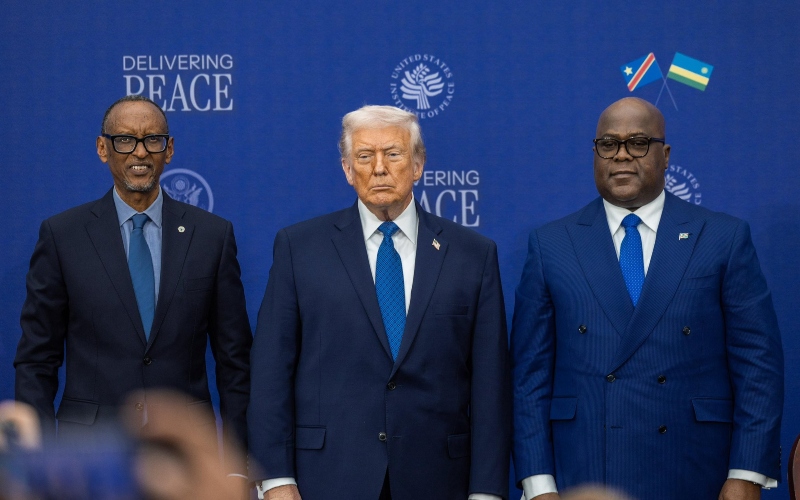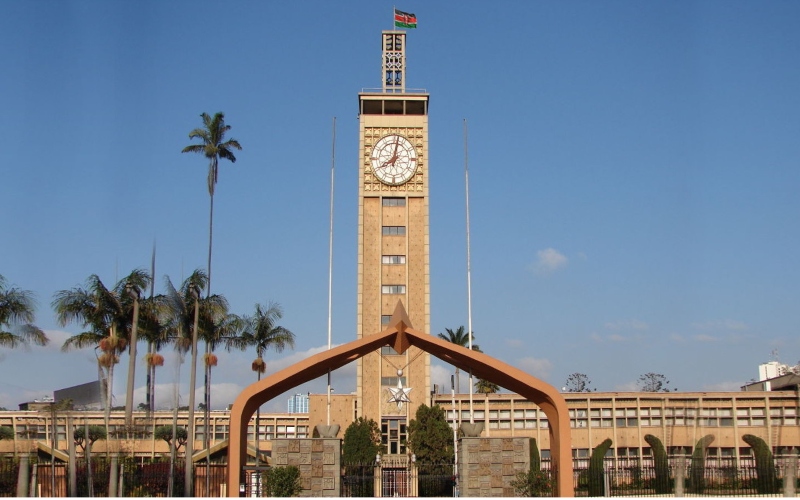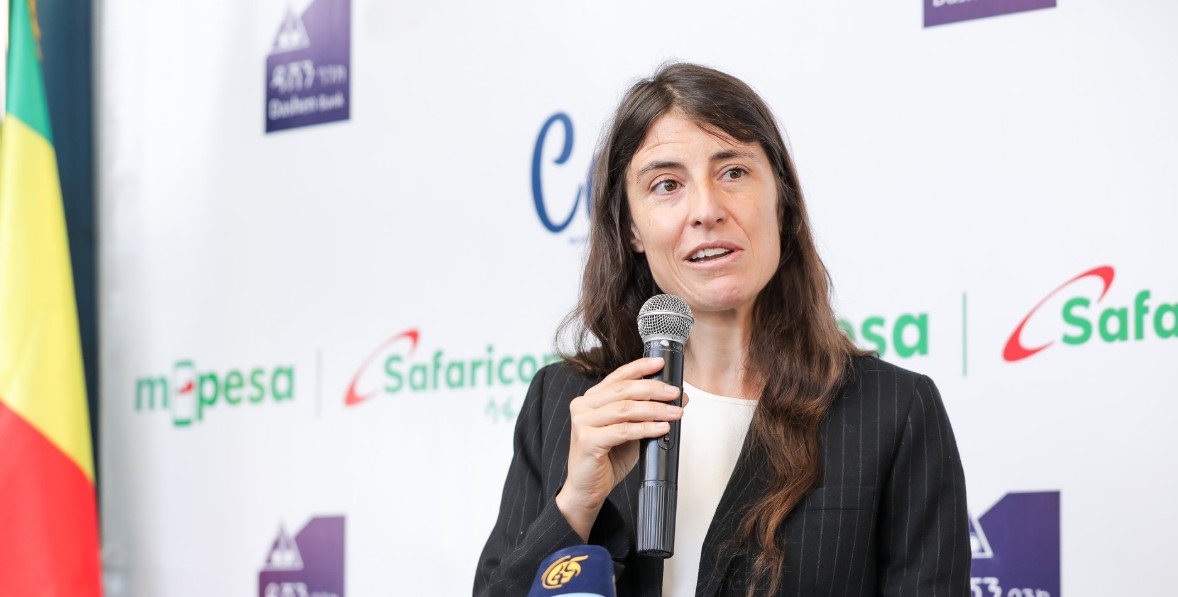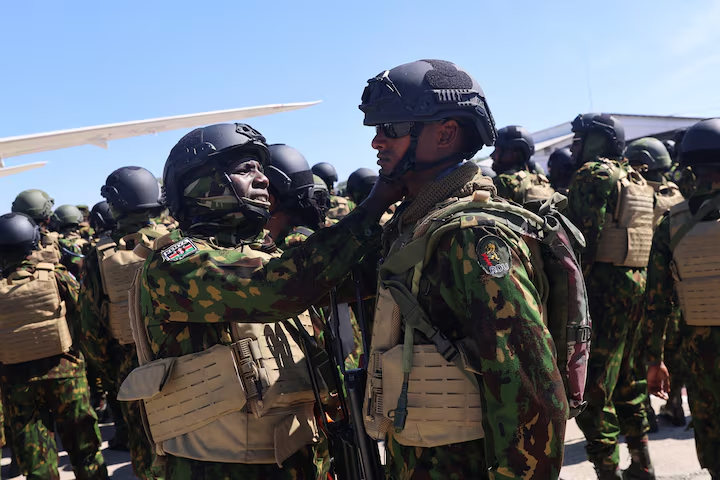9/11 mastermind’s plea deal thrown out by US court

The Attorneys acting for the defendants had argued that the agreement was already legally in effect and that Austin, who served under President Joe Biden, acted too late to try to throw it out.
An appellate court in Washington, DC, has stopped Khalid Sheikh Mohammed, the alleged mastermind of the 9/11 attacks, and two of his co-defendants, Walid Muhammad Salih Mubarak Bin 'Attash and Mustafa Ahmed Adam al Hawsawi, from pleading guilty under plea agreements that would have spared them the death penalty.
The agreement had been offered last year and accepted by the official who oversees the Pentagon's Guantanamo war court, but before then, US Secretary of Defence Lloyd Austin revoked it because both the relatives and the American public deserved to see the defendants stand trial.
More To Read
- Skepticism grows over DR Congo-Rwanda peace deal
- DR Congo, Rwanda vow to uphold Trump-backed peace deal
- Trump faces rising backlash over remarks targeting Somali immigrants
- Trump administration halts immigration applications for migrants from 19 nations
- Government warns religious extremism shifting to encrypted ‘digital sanctuaries’
- Sudan ceasefire bid in limbo as army chief Abdel Fattah rejects Trump proposal while RSF agrees
US media reported that the plea had sparked anger among some relatives of victims of the September 11, 2001, attacks.
The three accused, along with Ali Abdul Aziz Ali and Ramzi Bin al Shibh, were initially charged jointly and arraigned on June 5, 2008, and then were again charged jointly and arraigned a second time on May 5, 2012, in connection with their alleged roles in the September 11, 2001, attacks against the United States.
The Attorneys acting for the defendants had argued that the agreement was already legally in effect and that Austin, who served under President Joe Biden, acted too late to try to throw it out.
"Austin "acted within the bounds of his legal authority, and we decline to second-guess his judgment," judges Patricia Millett and Neomi Rao wrote.
According to reports by DW, Reuters, and AFP, the plea deals were negotiated over two years and approved by military prosecutors and the Pentagon's senior official for Guantanamo Bay, Cuba, stipulating life sentences without parole for Mohammed and two co-defendants.
"It seemed to have propelled their cases toward an end after years of being weighed down in pre-trial manoeuvrings while the defendants remained held at the Guantanamo Bay Prison Camp in Cuba, but Austin stepped in and withdrew the arrangements two days after they were announced. He argued the decision should be up to him, given its significance," the media reported.
A military judge, however, ruled that Austin lacked the authority to take on such a decision. This was then upheld in December by the US Court of Military Commission Review. The judge then scheduled prompt plea hearings. But Friday's ruling would now appear to reverse that decision once more.
"US Circuit Judges Patricia Millett and Neomi Rao, who backed the new ruling among a divided panel, said Austin indisputably had legal authority to withdraw from the agreements. Having properly assumed the convening authority, the Secretary determined that the families and the American public deserve the opportunity to see military commission trials carried out. The secretary acted within the bounds of his legal authority, and we decline to second-guess his judgment," the WP reported.
On his part, Judge Robert Wilkins, who was opposed to the decision, found that the government had not come within a country mile of proving clearly and indisputably that the Military Judge erred.
The family members who objected to the deal, however, referred to Friday's appellate ruling as "a good win, for now."
Top Stories Today













































